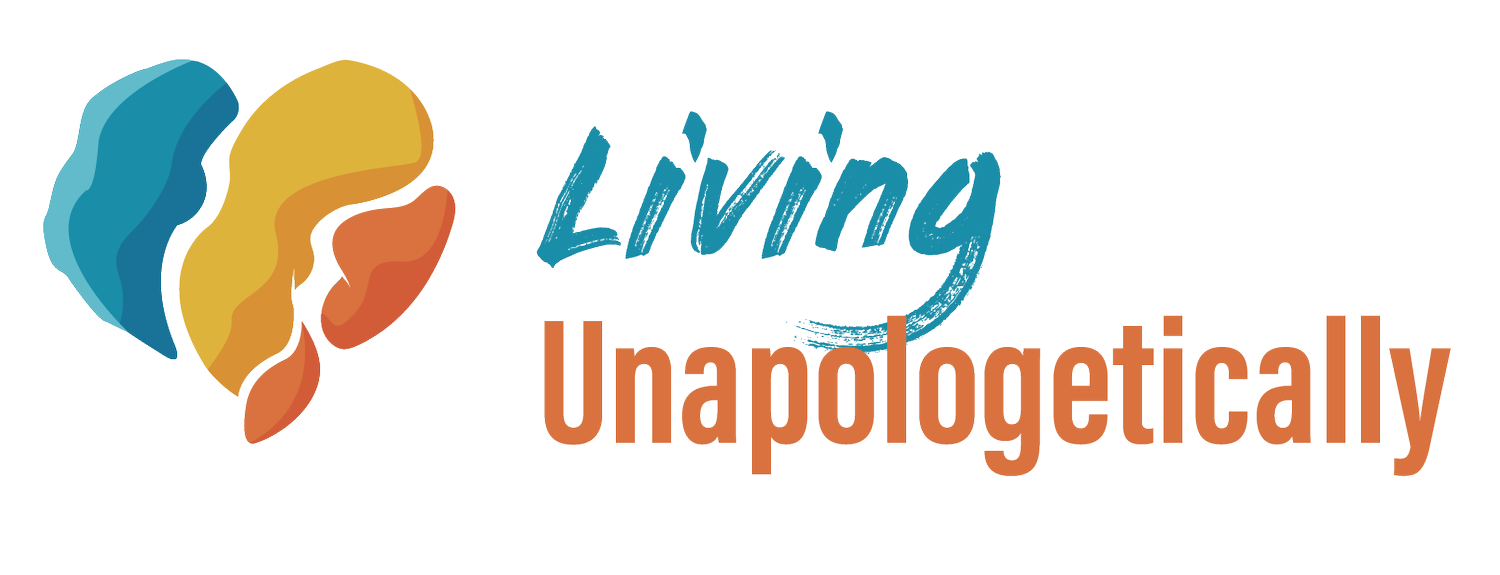How to Heal from Workplace Trauma [2023]
Some of the most traumatizing things a person can experience can happen in the workplace. Many definitions typically reference events such as layoffs/job losses, workplace violence, natural disasters, and the death of a colleague. These don’t account for the more pervasive, targeted actions that happen at work. Employees can also experience trauma as a result of discrimination while on the clock. What makes it so dangerous is there are too many opportunities to hide or explain away the actions of an employer… too little support and relief offered to an employee who’s subjected to harm. Or worse, no space that acknowledges what really happened or the painful experiences. Instead, a narrative emerges in favor of the employer that paints a picture of a problematic employee who’s looking to get out of trouble. *Enter performance reviews to pressure employee to quit here*
If you’ve ever been on the receiving end of workplace discrimination, you know how difficult it is to survive. You’ve likely spent weeks or months trying to figure out how to get your reputation back, seeking consultations with attorneys, and crying with people close to you. You may have also reached a point where you completely broke down physically and mentally because there was nothing left in you. Nothing prepares you for this type of experience. I’ve heard about people losing their hair, getting on psychotropic medication, feeling uncontrollable physical responses, having nightmares, and other distressing consequences. People usually reach a point where they have to move on for the sake of their health.
If you’re currently reading this in the midst of experiences with discrimination, listen to our guided meditation - Claiming Worthiness in the Face of Discrimination - to help you in a moment of need. While we recognize this can’t replace the need for deeper support and healing, we’ve found meditation practices helpful as a way to self-regulate.
You may think that things will get better once you get out of your situation and you’re right, you do feel some relief. But workplace trauma has lasting effects. That doesn’t just go away. Learning how to move on can be its own challenge. The good news is there are things you can do to move forward. Here are ways to to help you heal from workplace trauma.
GIVE YOURSELF SPACE TO FINALLY FEEL EVERYTHING.
When you were in crisis mode, you were doing whatever you could to get through it. You weren’t in the mental space to be present so you could feel and understand your emotions. Clear all unnecessary events on your calendar to spend time with yourself. You need to process what happened to figure out what you want to do next with a clear mind. This is not a step you want to skip! For me, a couple of weeks did the trick. Mindfulness, meditation, journaling, being active-- these types of activities will be your best friend. Seeing a mental health professional is also a great idea.
TALK THROUGH THINGS WITH PEOPLE WHO “GET IT.”
Most of us have people who are in our corners which is important. However, it’s crucial to have support from people who understand what you went through on a deeper level. If you experienced racial discrimination, connect with people who know that well. If you endured gender discrimination, same thing. Be intentional about this. Sometimes the most well-intentioned people in our lives can unknowingly jab the knife in a little more when they say/do something that adds to the problem. Secure the support that’s right for you!
FIGURE OUT WHICH DIRECTION YOU WANT TO GO.
Once you give yourself space to feel your emotions and connect with the right people, you’ll likely be faced with options for next moves. This can look very different for each person. Are you exploring new career paths? Did you notice any unhealthy patterns you want to address? Have you neglected an area in your life? What stones were left unturned that you want to pay attention to right now? Whatever it is, come up with a plan to commit to this new direction. You deserve to give this gift to yourself.
CENTER ON YOUR PURPOSE IN LIFE.
Workplace trauma can really knock you off your game. You may need to refocus your energy on what’s most important to you. If you know your life’s purpose, are you living according to that purpose? What else can you do to support your passion? If you don’t know it yet, consider spending time exploring this for yourself. I really like MeiMei Fox’s article on Forbes about ways to discover your life’s purpose. Her ideas encourage real exploration.
ACCEPT THAT YOU ARE IN THE PROCESS OF HEALING.
Trauma doesn’t go away overnight. Even when you’ve been doing hard work on yourself, triggers can unexpectedly pop up as reminders of past pain. It’s common to go into a new job or situation with worries and fears (even responses) that “it” will happen again. Practice compassion for yourself and your process. Healing takes time. Pay attention to your needs, then do what you can to meet your needs. You will be ok.
Wherever you’re at on your journey, you can rebuild what was lost. You can emerge in a better place than you’ve ever imagined. Feel all the feels, get the right support, explore, commit to yourself, and have compassion for your process.
Charmaine is a Relational DEI expert who sits at the intersection of thinking, feeling, and doing. She is an author, facilitator, skill builder, safe-space holder, family member, partner, and friend. And in all of those, her DEI lens is in constant use. Charmaine uses a social justice lens to help clients explore their individual and organizational needs amidst the backdrop of power, privilege, and oppression. You can access her book (Bias-Conscious Leadership), guided meditations, free tips sheets & guides, and blog posts on her website, www.livingunapologetically.com.




